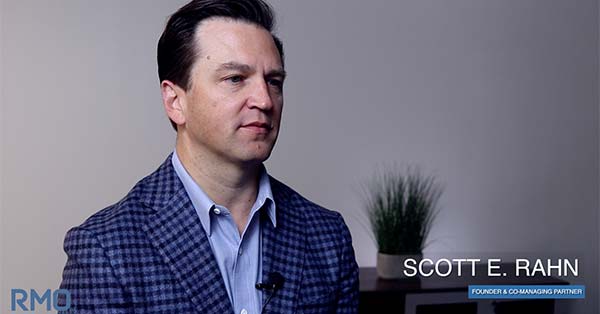Can a trustee remove a beneficiary from a trust? Yes. Is it common? No. Upon the death of a decedent, most trusts become irrevocable. An irrevocable trust is intended to be just that: Irrevocable. That means the individuals creating the trust intended its assets for the beneficiaries, without change. Sometimes, however, we see married couples give the surviving spouse, who often is also acting as trustee, a general or limited power of appointment, which allows the surviving spouse/trustee to make changes to the trust, including the power to remove or change beneficiaries, and/or change the distribution of trust assets.
What is a trustee of a trust?
A trustee is the individual named in a trust who is responsible for managing the trust after the death or incapacity of the person or persons who created the trust. For example, if the trust was created by a married couple, after they both have passed, they may name their eldest child, brother, sister, or family friend as successor trustee.
SCHEDULE A FREE CONSULTATION WITH SCOTT
What are the trustee’s responsibilities?
Generally, a trustee is simply in charge of ensuring the trust assets are being distributed pursuant to the intentions of the trust creators. The trustee typically carries out the intent of the trust creators to care for their friends and family members after they’ve passed.
What is a trust beneficiary?
A trust beneficiary is a person named in the trust who has been allocated some portion of the trust assets. Per the trust, they may be given all their allocated funds upon the death of the trust creators, they may receive ongoing distributions from the trust, and/or a subtrust may be established for their benefit.
Can a trustee remove a beneficiary from a trust?
In most cases, a trustee cannot remove a beneficiary from a trust. An irrevocable trust is intended to be unchangeable, ensuring that the beneficiaries of the trust receive what the creators of the trust intended.
However, if the trustee is given a power of appointment by the creators of the trust, then the trustee will have the discretion given to them to make some changes, or any changes, pursuant to the terms of the power of appointment.
Usually, we only see a power of appointment given to the surviving spouse. For example, if a married couple creates a trust, the trust may give a power of appointment to the surviving spouse after one of them passes away. This power of appointment generally is intended to allow the surviving spouse to make changes to the trust for their own benefit, or the benefit of their children and heirs.
When would a trustee with power of appointment remove a beneficiary from a trust?
Unfortunately, we do see instances of trustees using their Power of Attorney to remove deserving beneficiaries from trusts. Generally, this occurs if the decedent remarried, and the stepmother or stepfather is named trustee and given a general power of appointment. If the stepmother doesn’t view her stepchildren favorably, she may choose to use her appointment to reduce or eliminate the stepchildren’s inheritance.
SCHEDULE A FREE CONSULTATION WITH SCOTT
How hard is it for a trustee to remove a beneficiary?
If the trustee has been given a power of appointment over all or some part of a trust, including the power to remove a beneficiary, it is not difficult for the trustee to remove a beneficiary. All the trustee has to do is follow the steps provided for in the power of appointment.
As a beneficiary, what should I do if I suspect a trustee is trying to remove me?
If you’re a beneficiary being removed from a trust by a trustee via a power of appointment, we recommend contacting a trust litigation attorney as soon as you suspect you’re being removed. The sooner you discover the intent, the more effectively you can protect your trust assets.
Do I need a trust litigation attorney near me?
We recommend finding an experienced trust litigation attorney familiar with the county probate court in the county of decedent. For example, if the decedent lived in Los Angeles, we recommend working with a trust litigation attorney in Los Angeles. A Los Angeles probate lawyer will generally be more familiar with the Los Angeles Superior Court Probate Division, versus an out of state attorney.
Read More
The Guide to Family Trust Embezzlement and Stealing
Can I Contest My Parents’ Will in California?
How to Contest a Trust From Home
How to Contest a Will and Win in Los Angeles
About RMO Lawyers, LLP
RMO LLP provides personal and efficient inheritance dispute services to individual and institutional clients. The firm’s attorneys focus on probate litigation involving contested trust, estate, probate, and conservatorship matters. Serving California and Texas, with offices in Los Angeles, Pasadena, Orange County, San Diego, Fresno, the Bay Area, Dallas, and Houston. For more information, please visit https://rmolawyers.com/.



